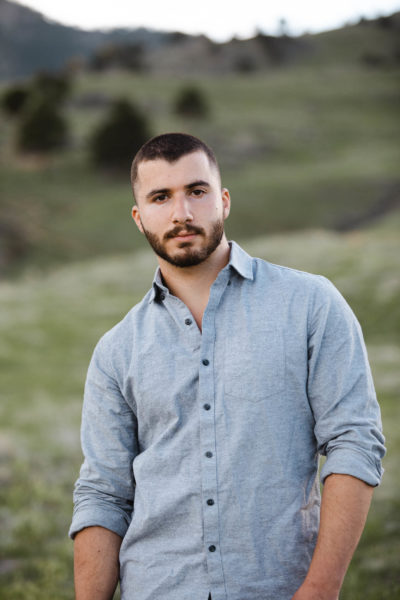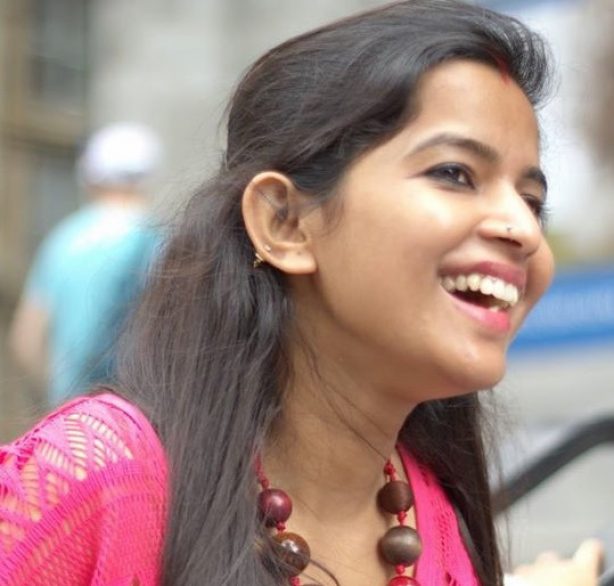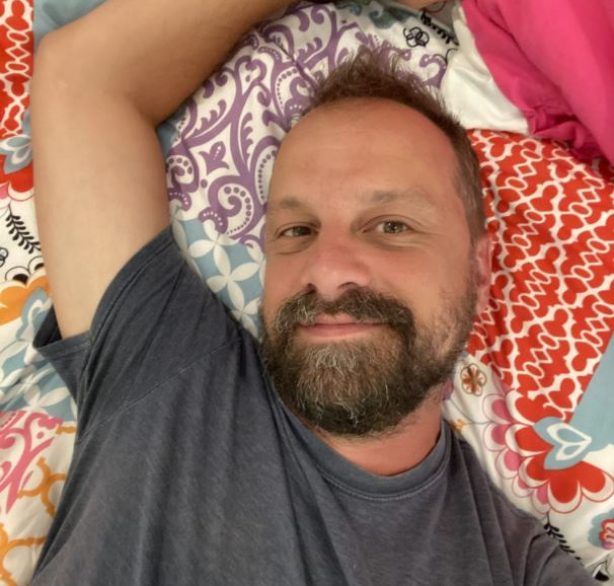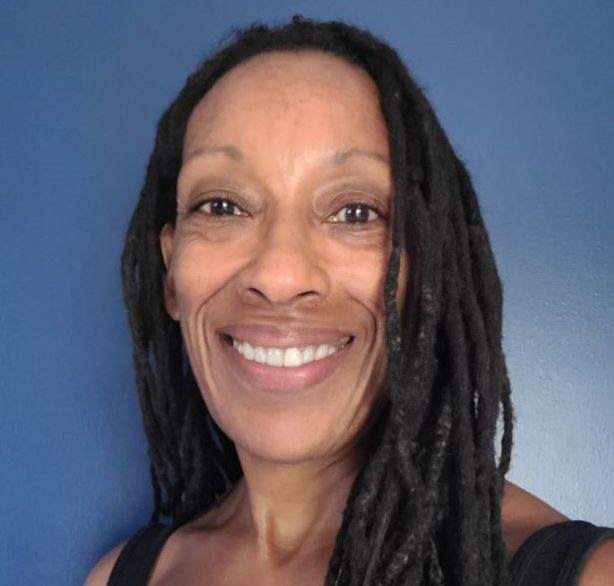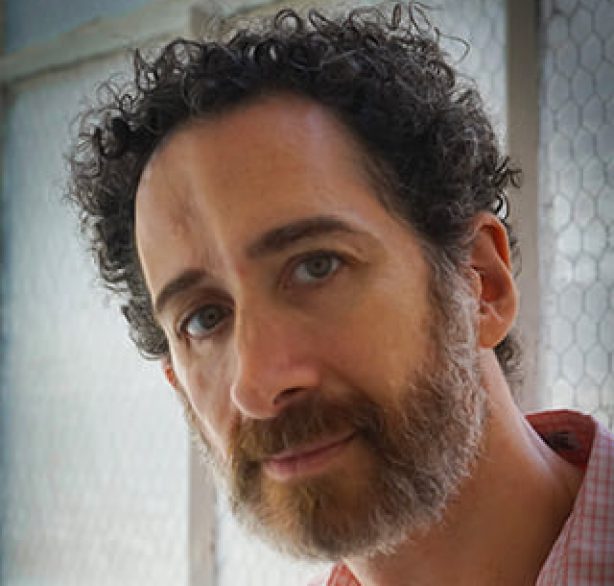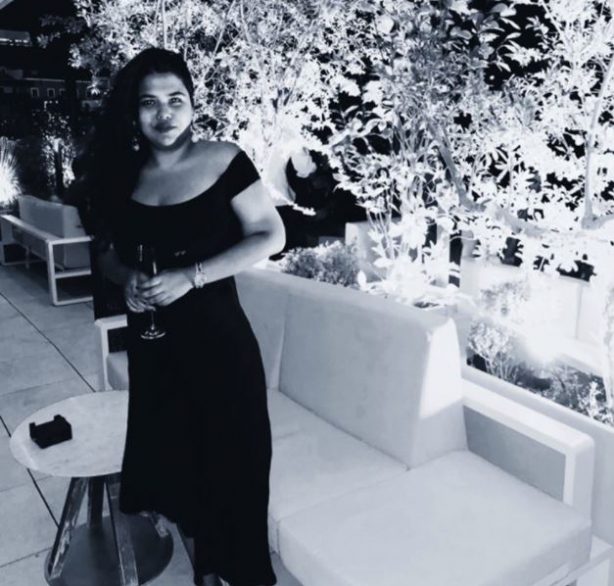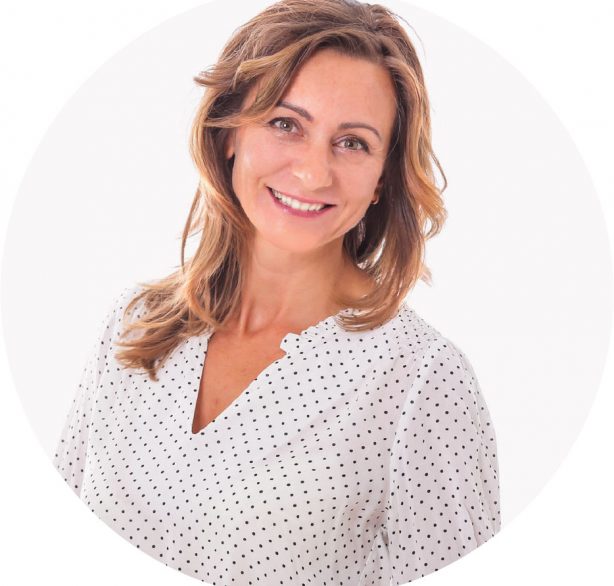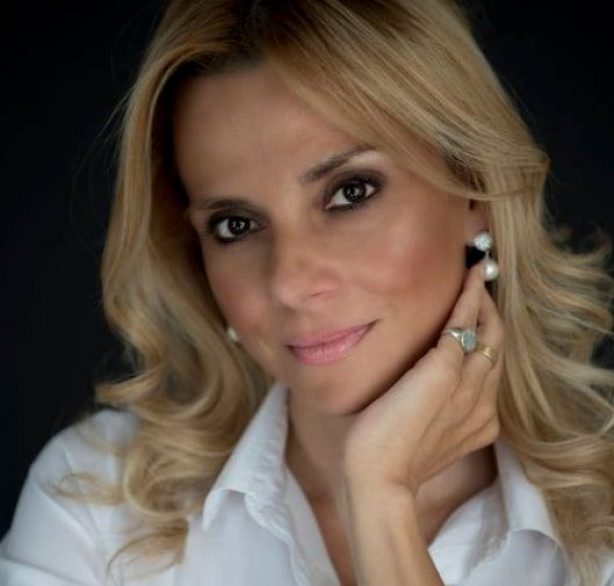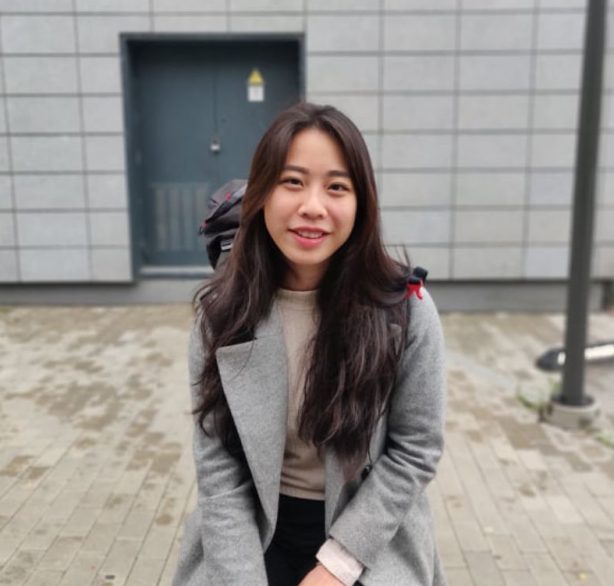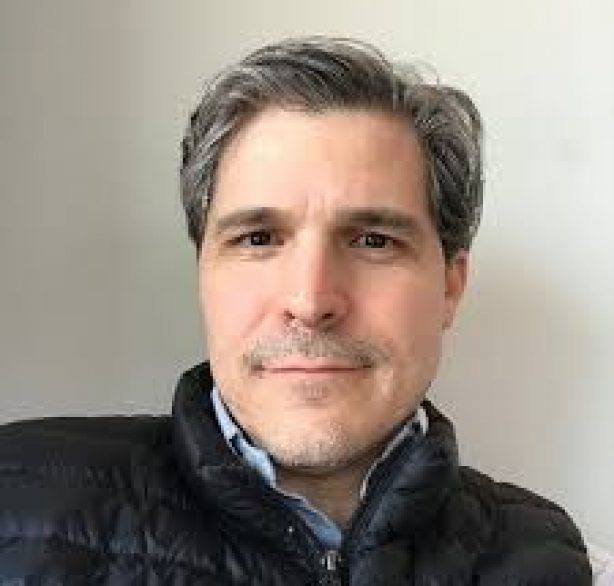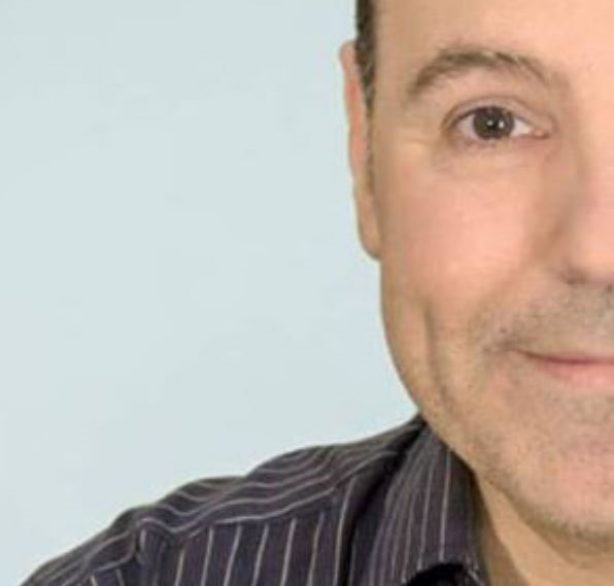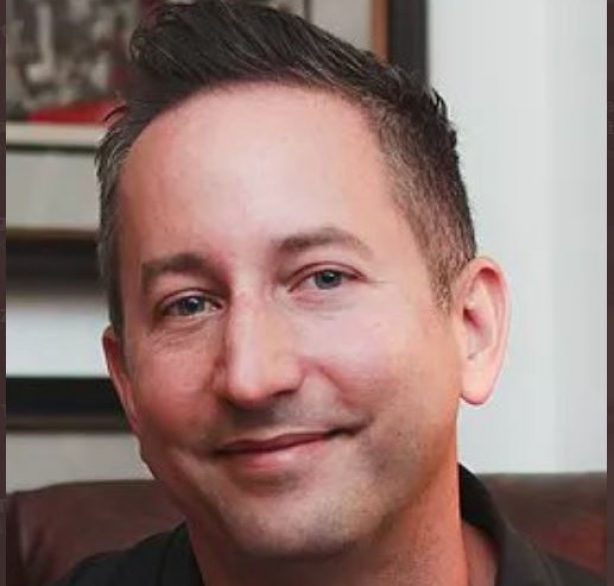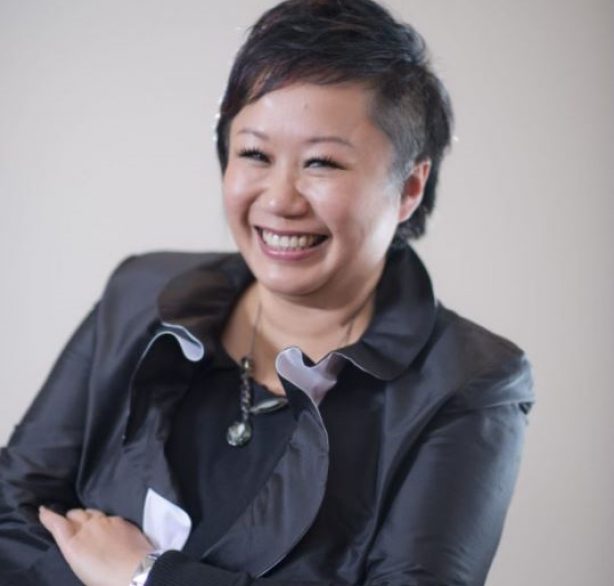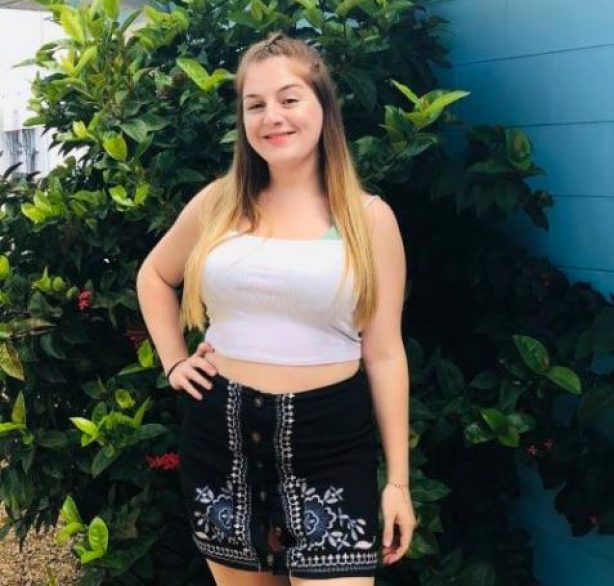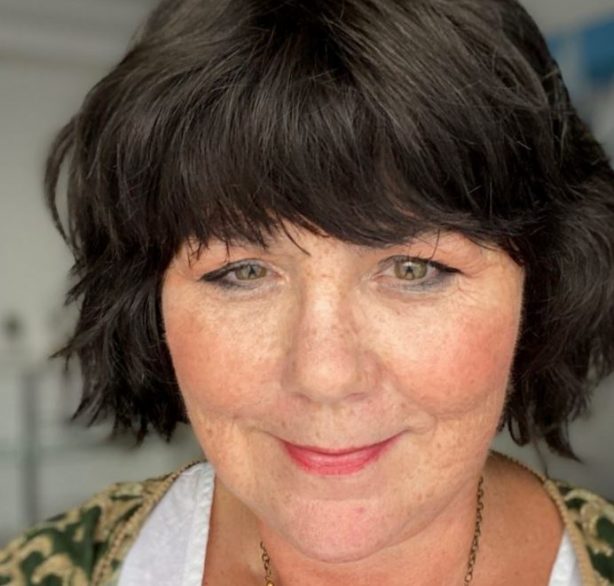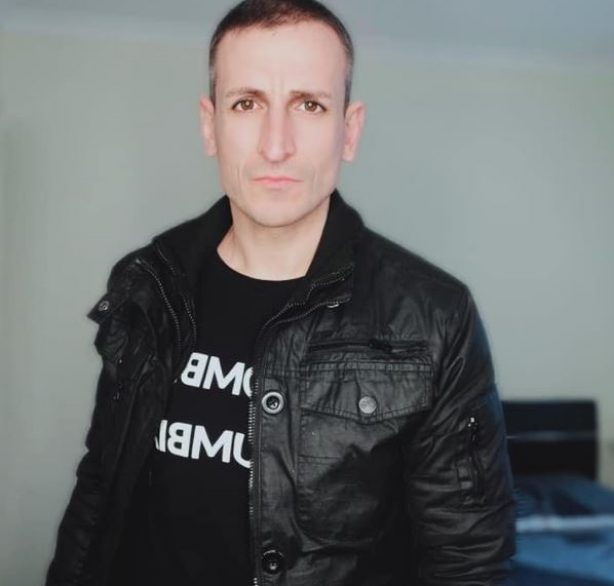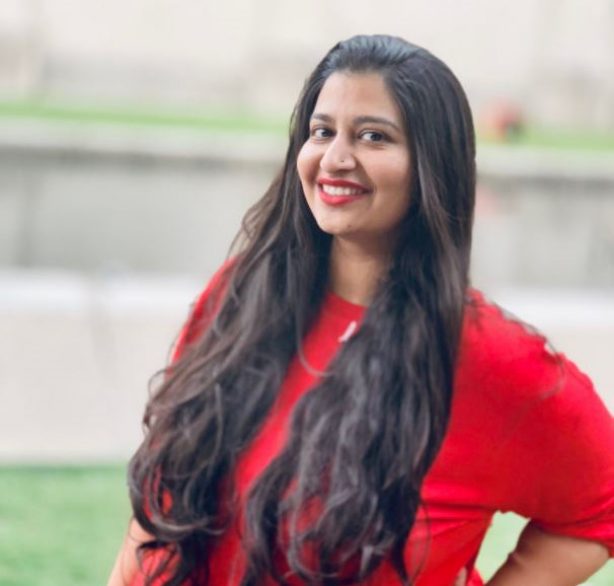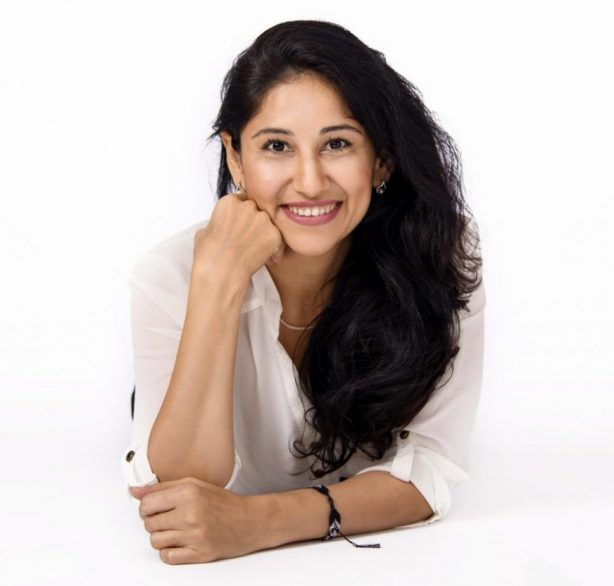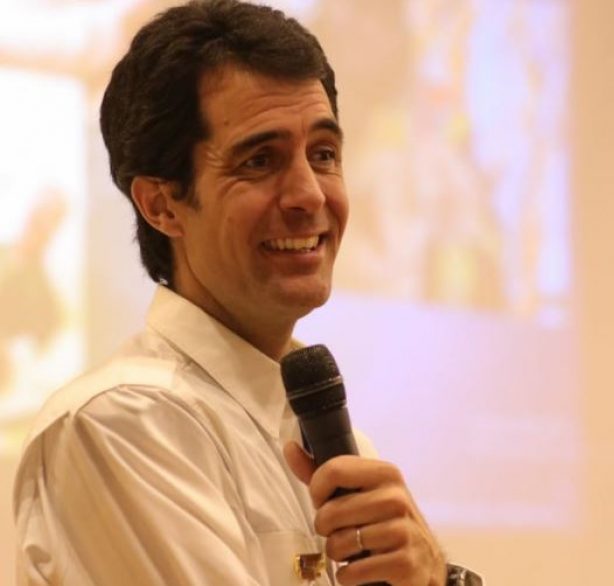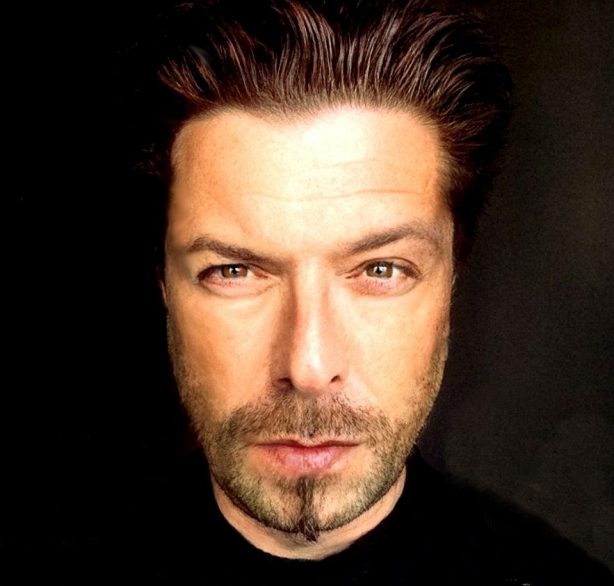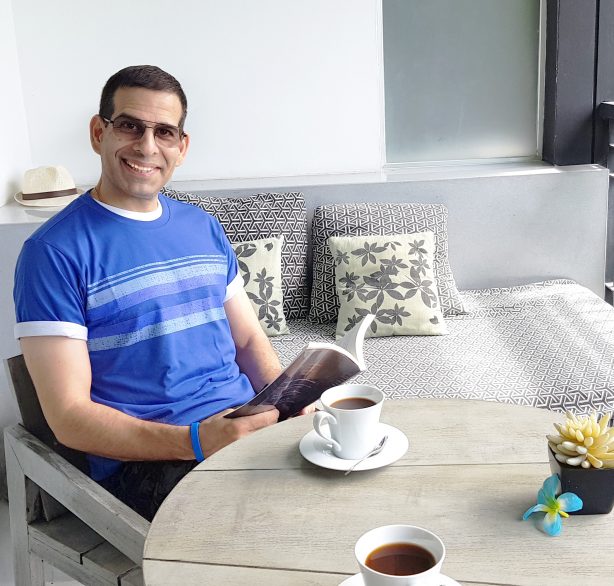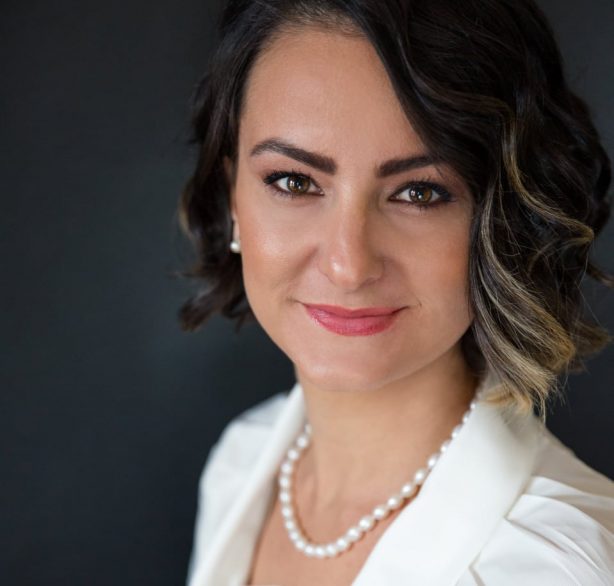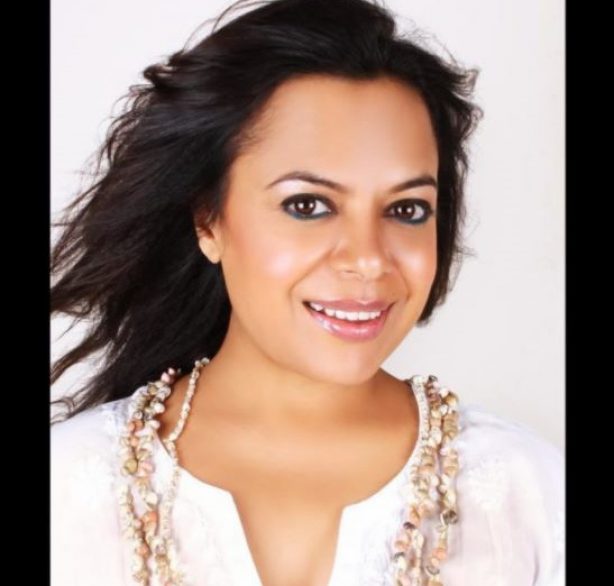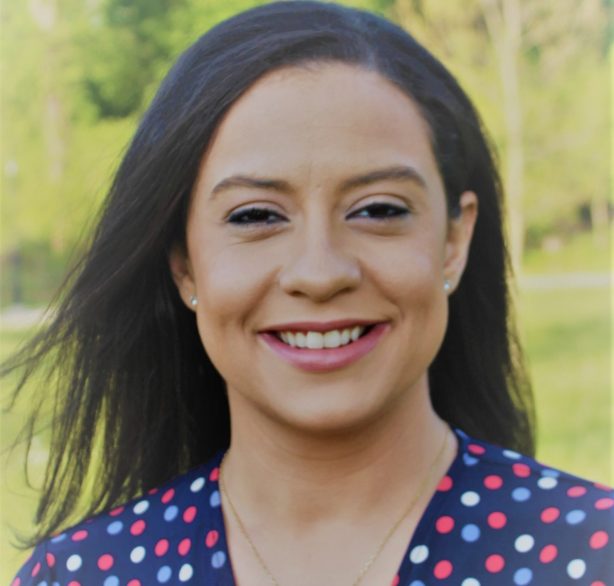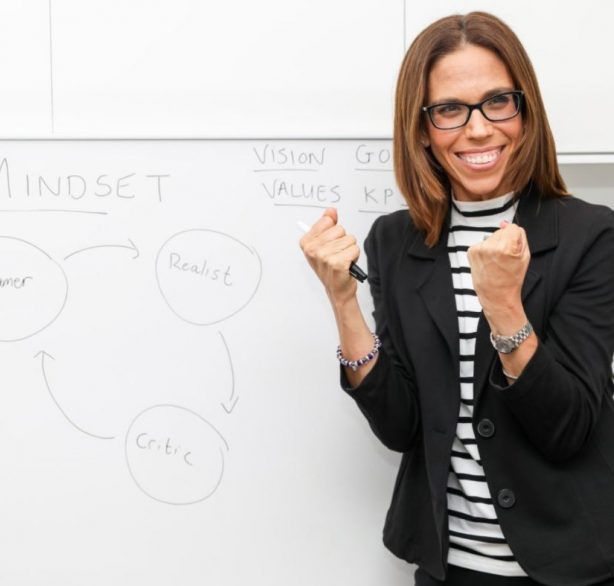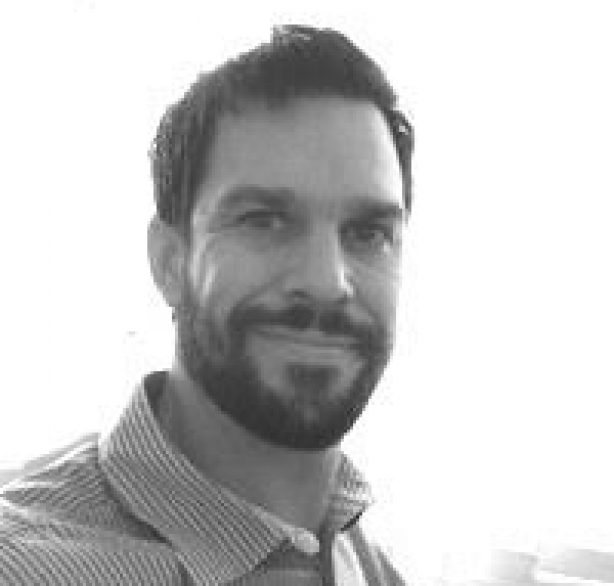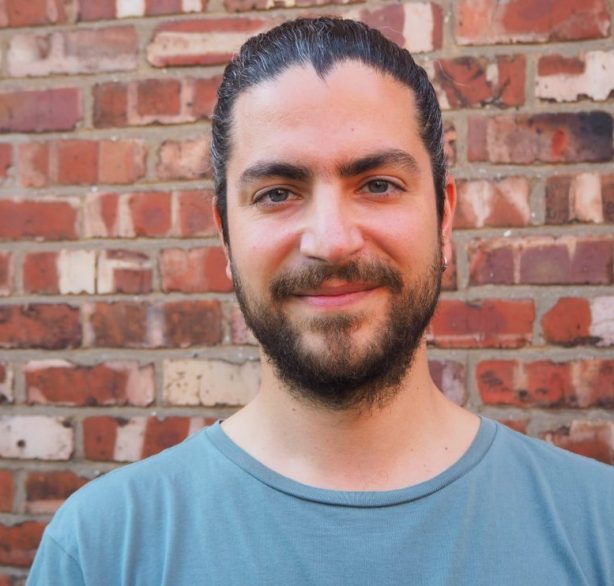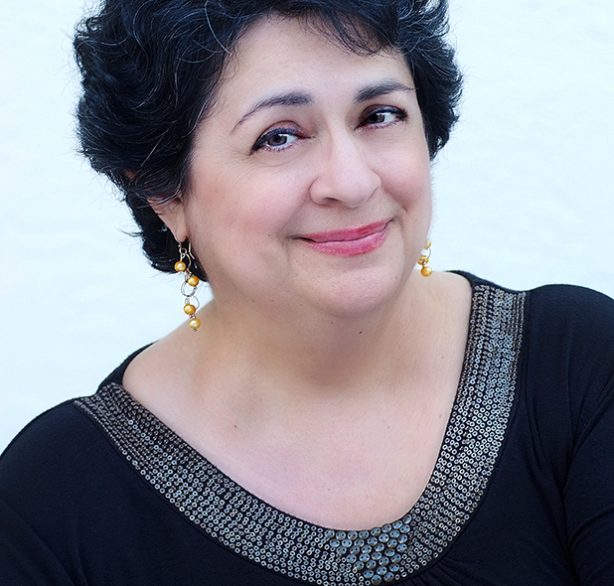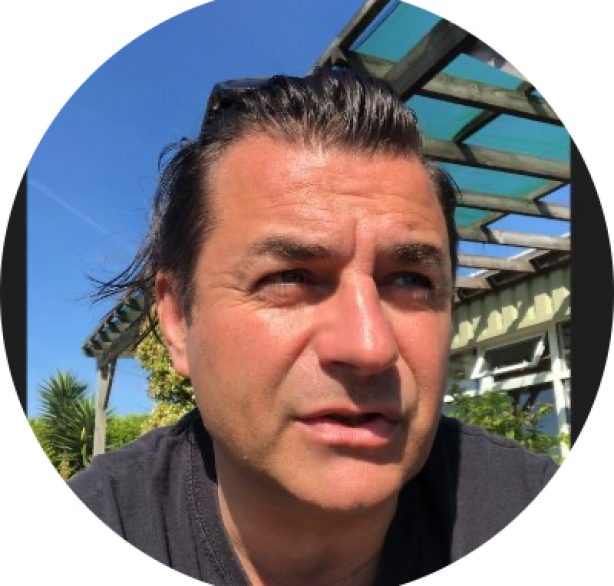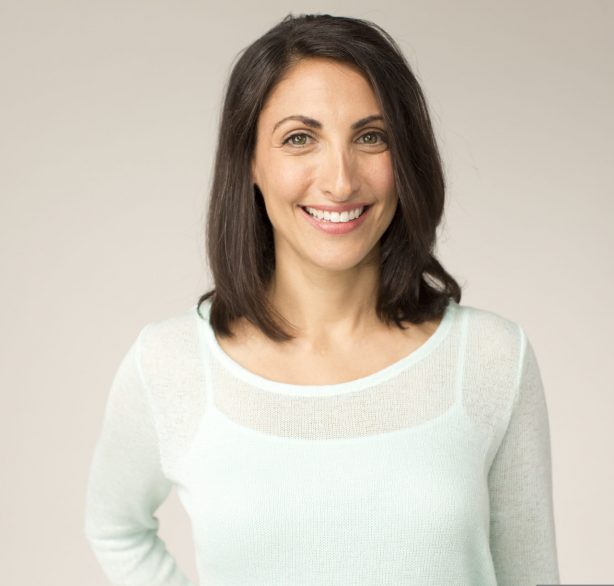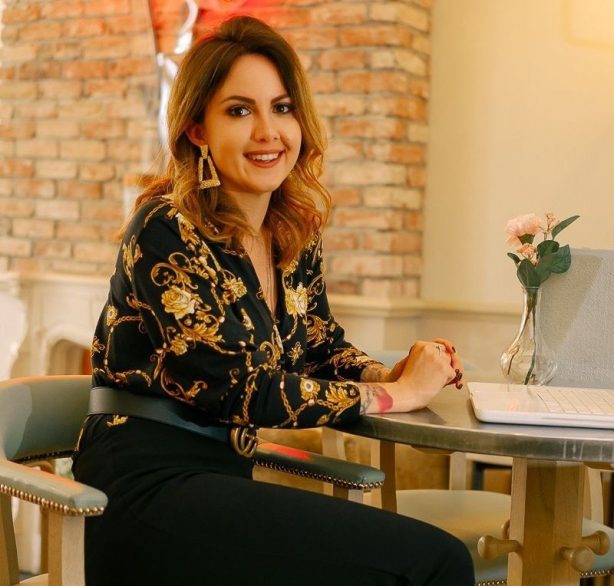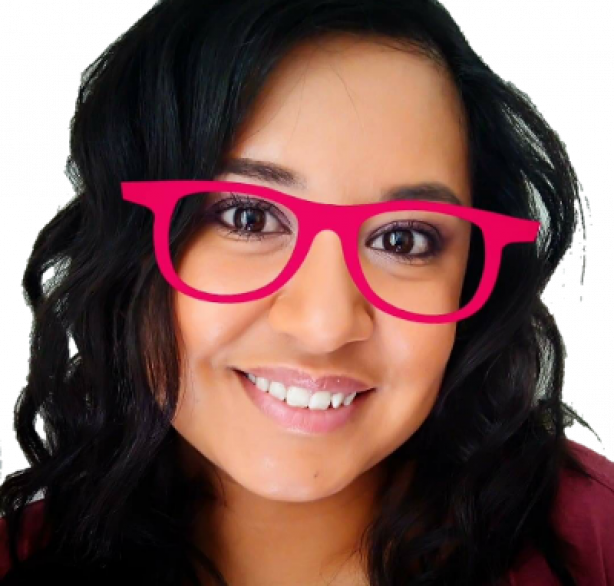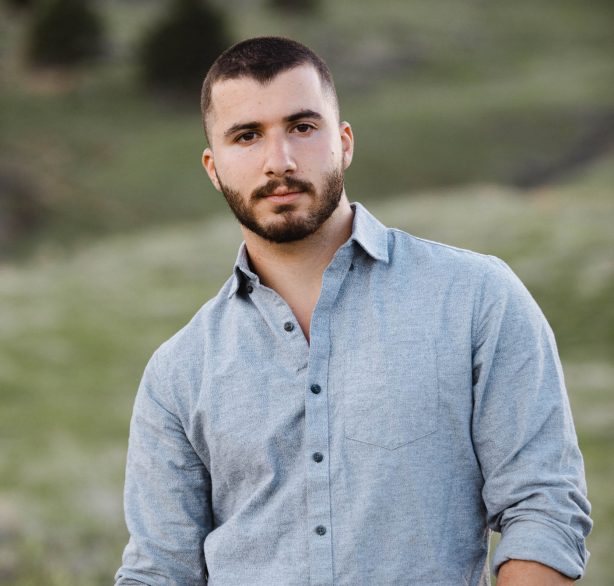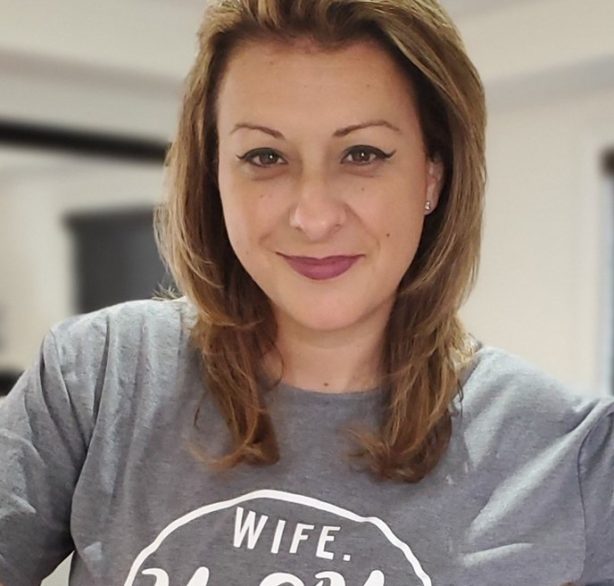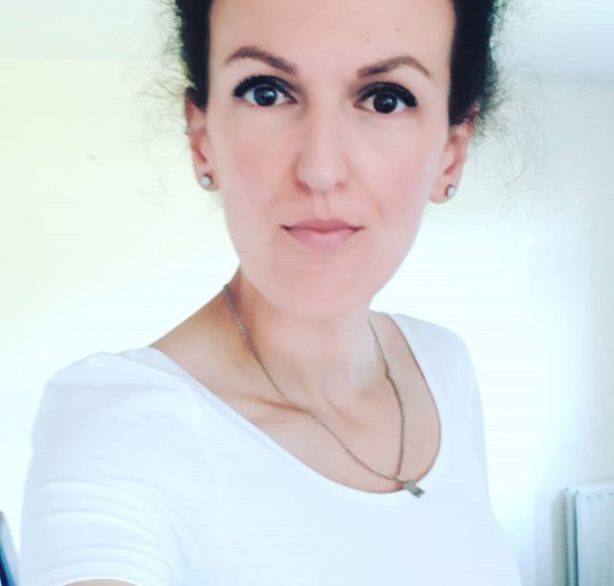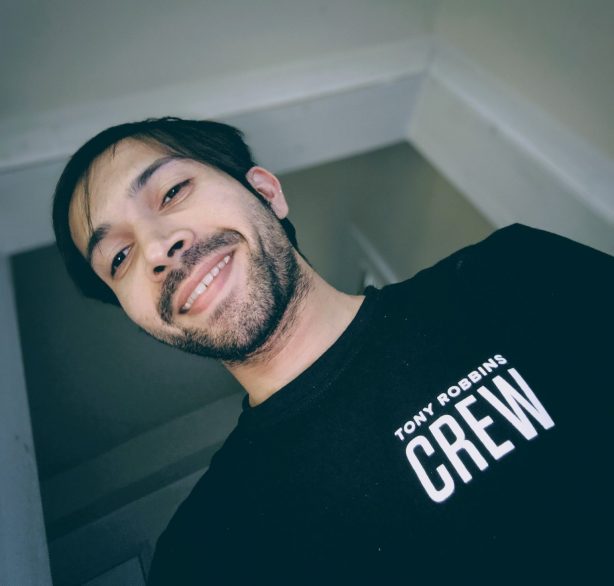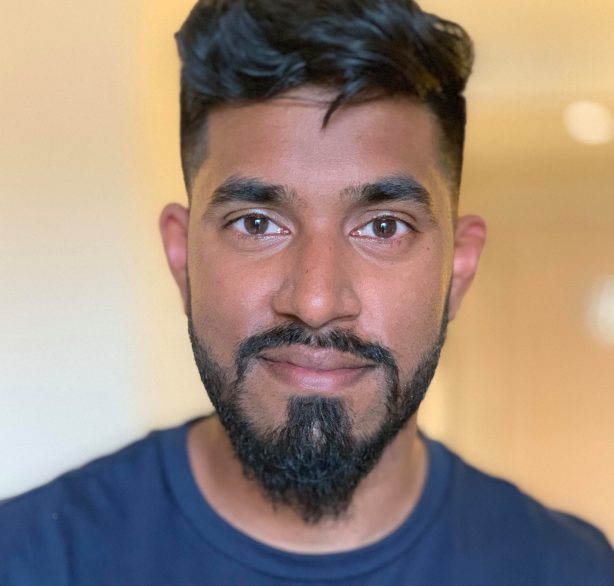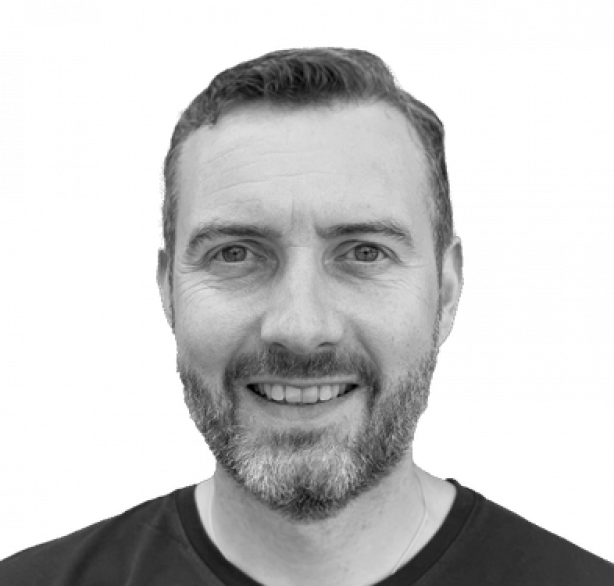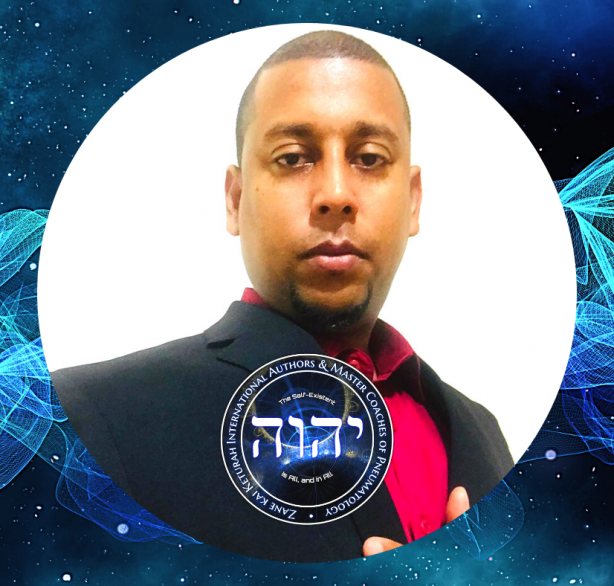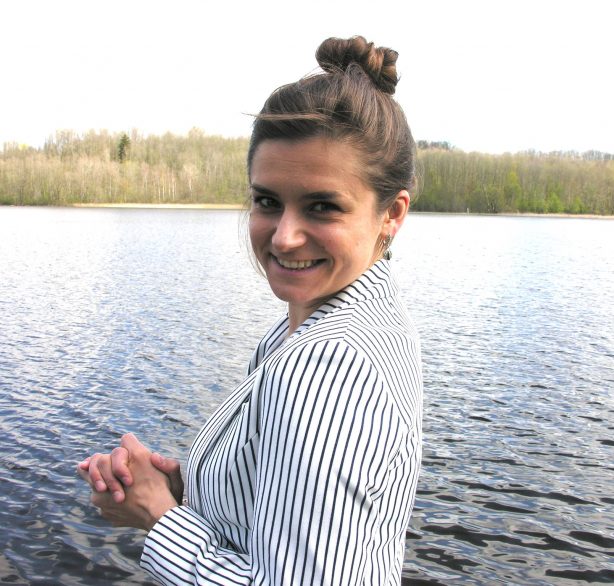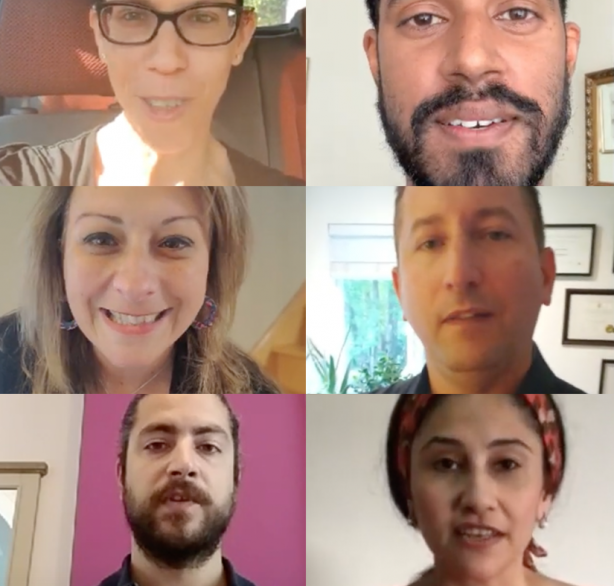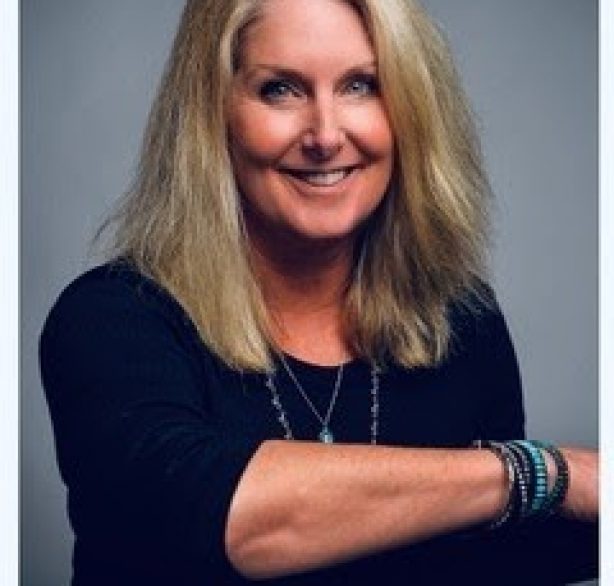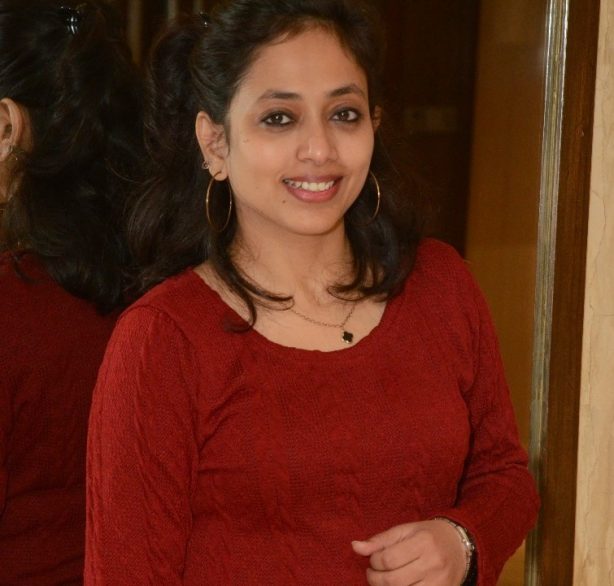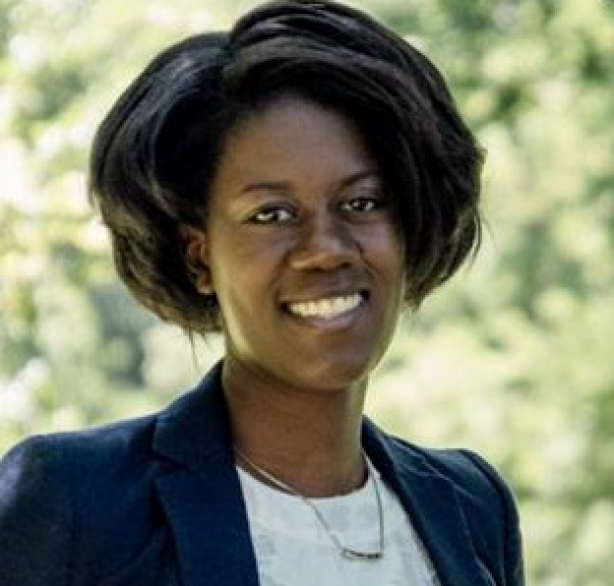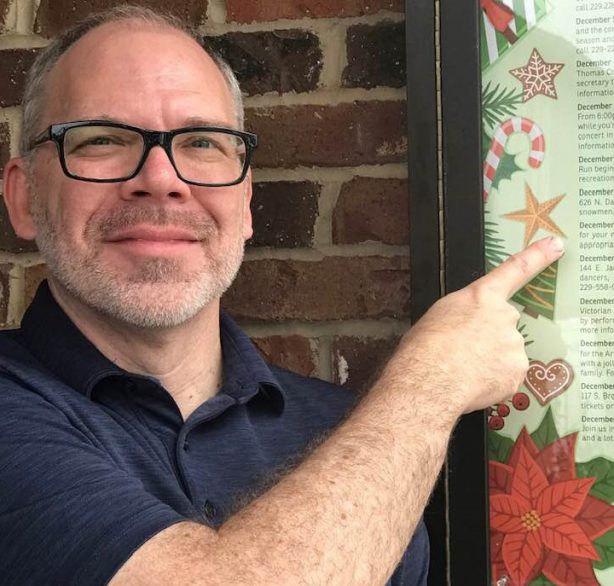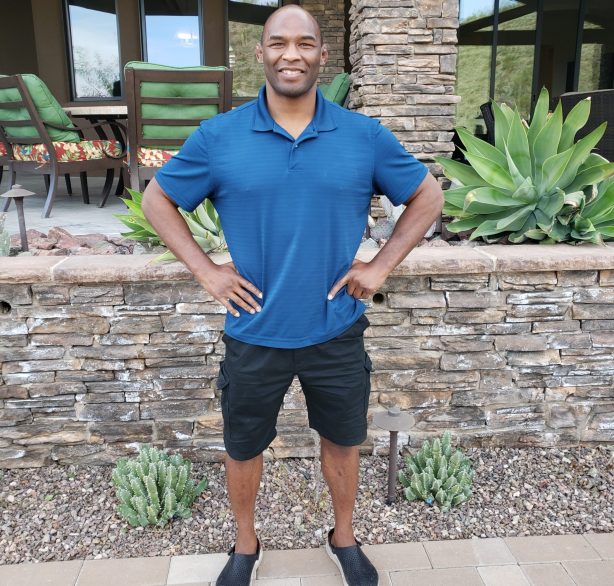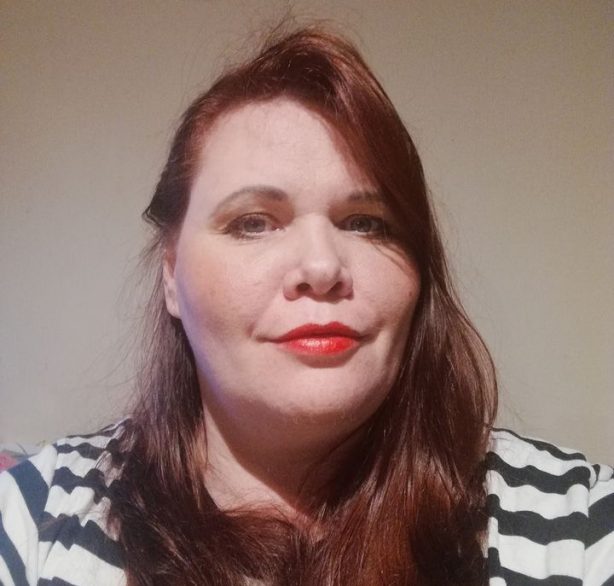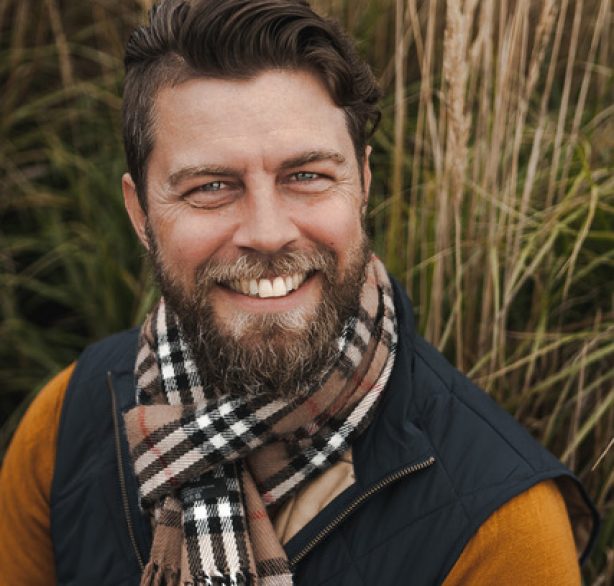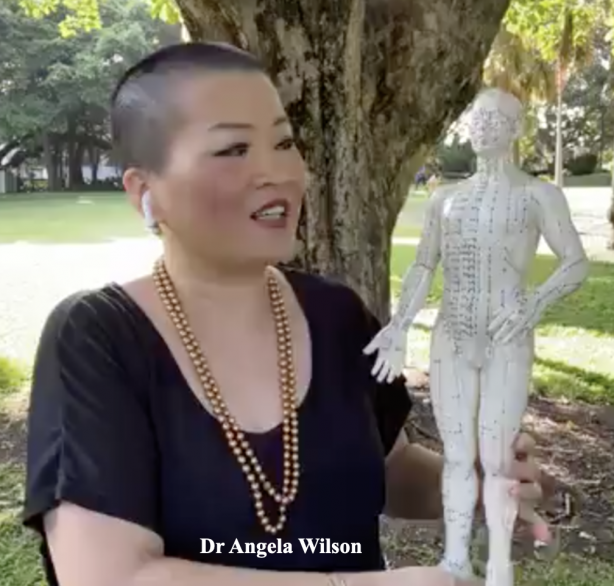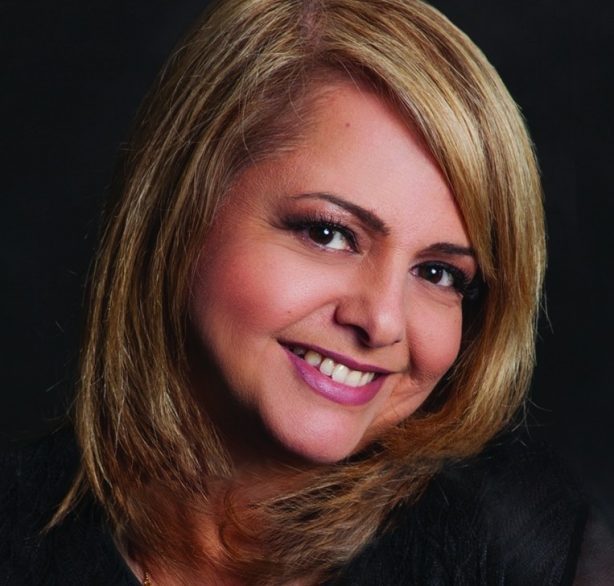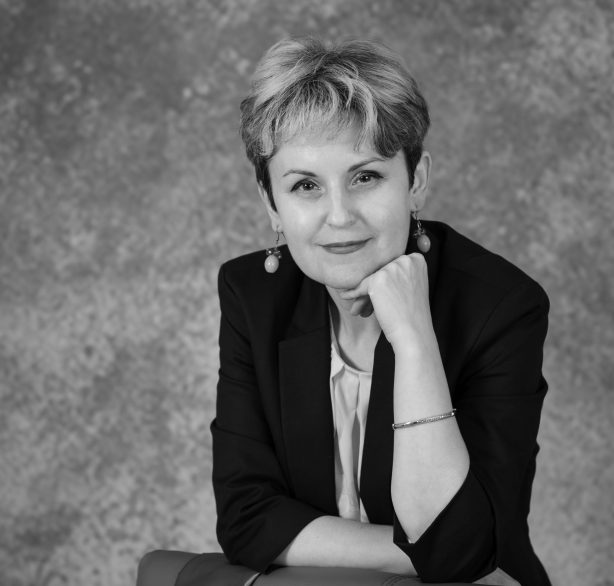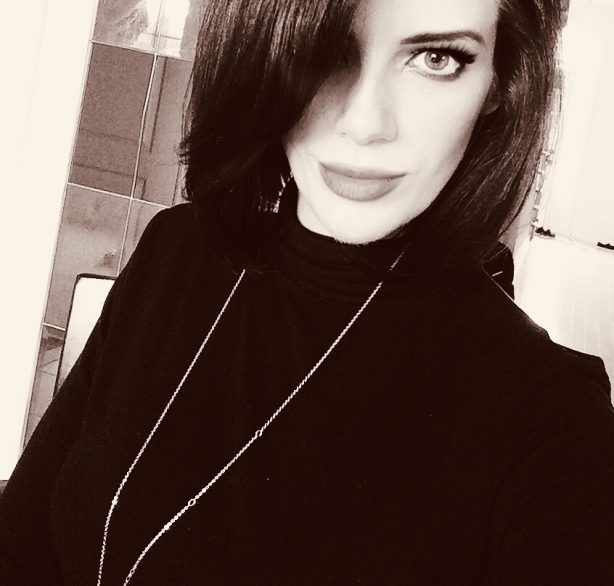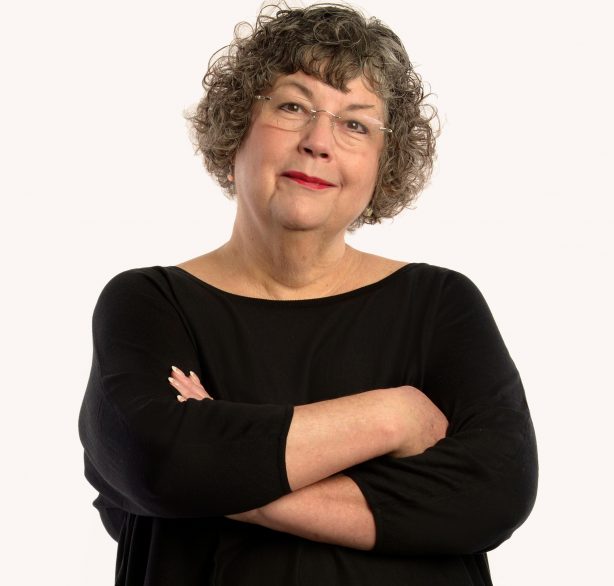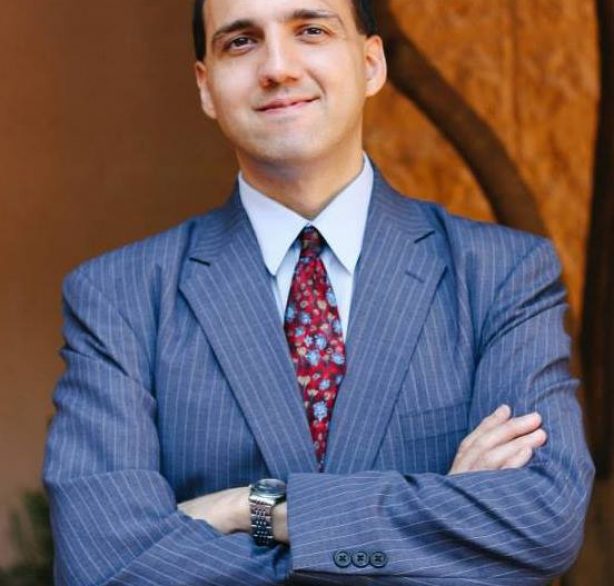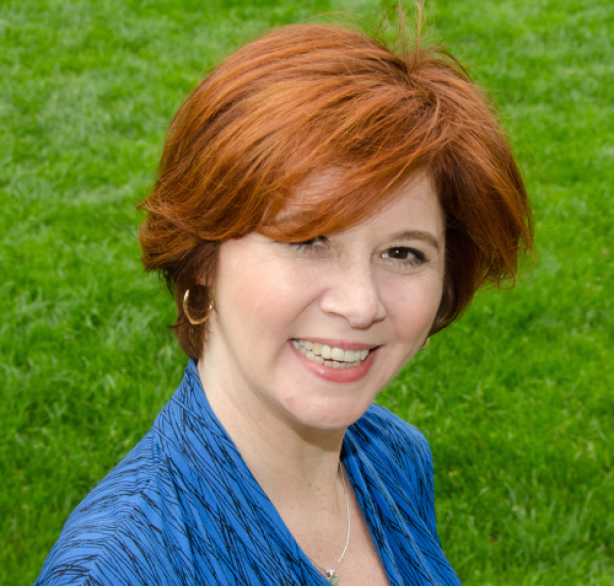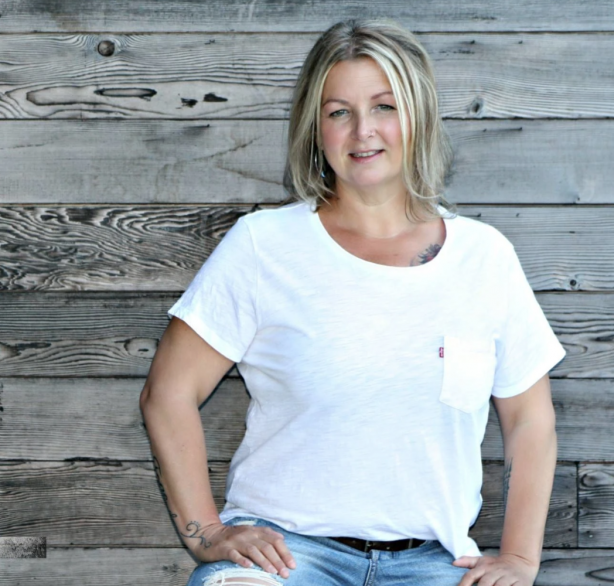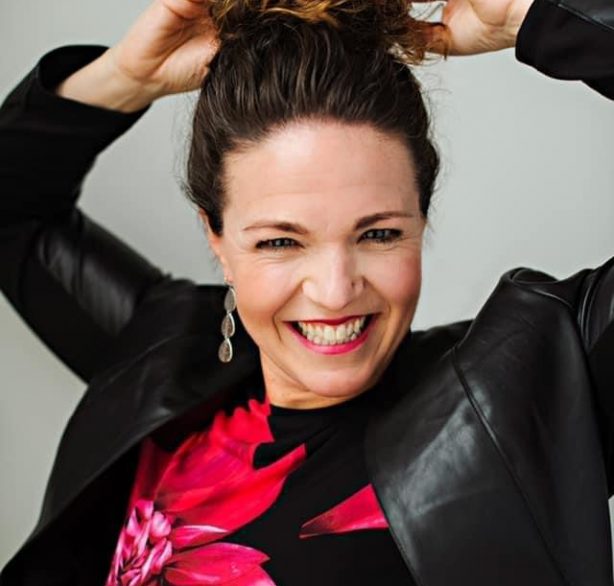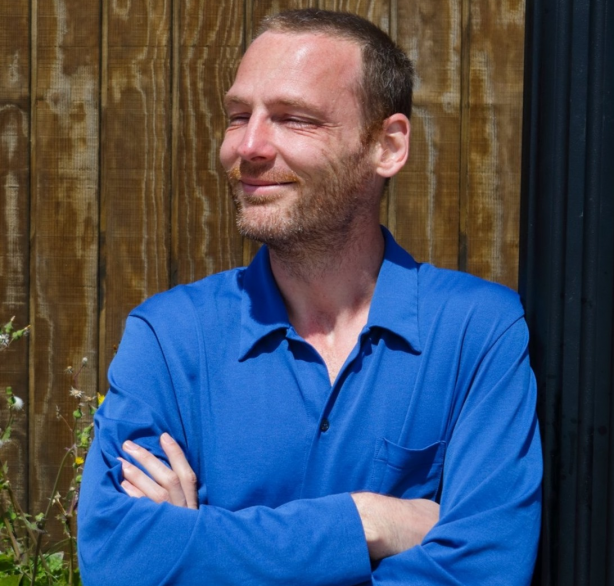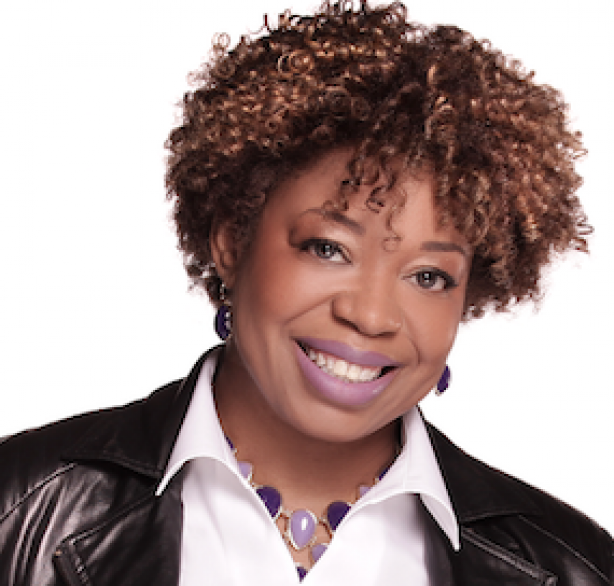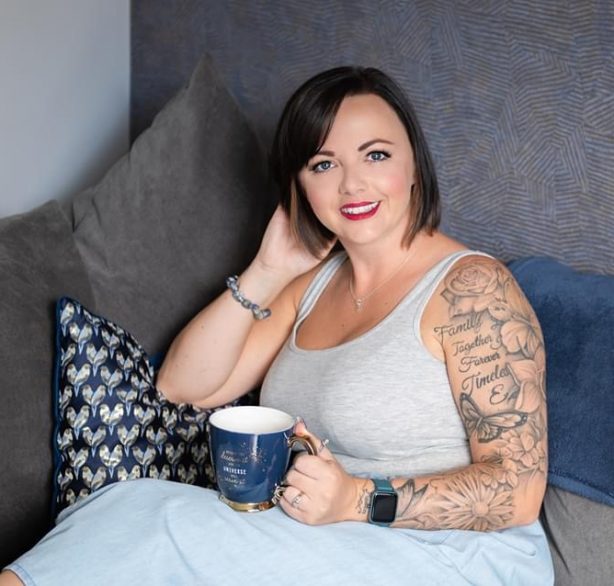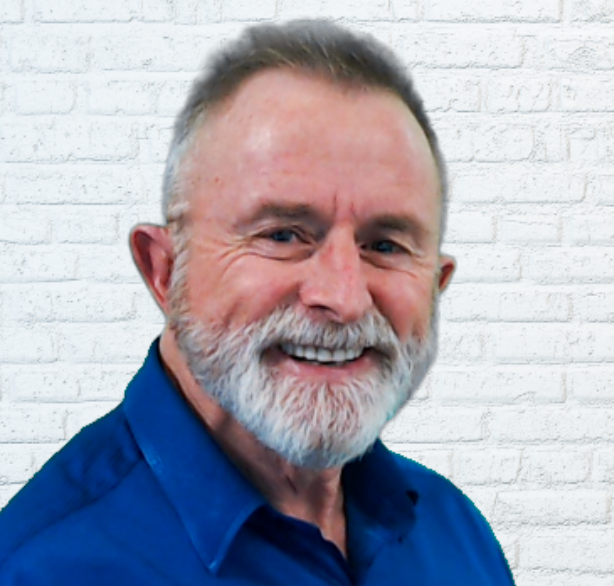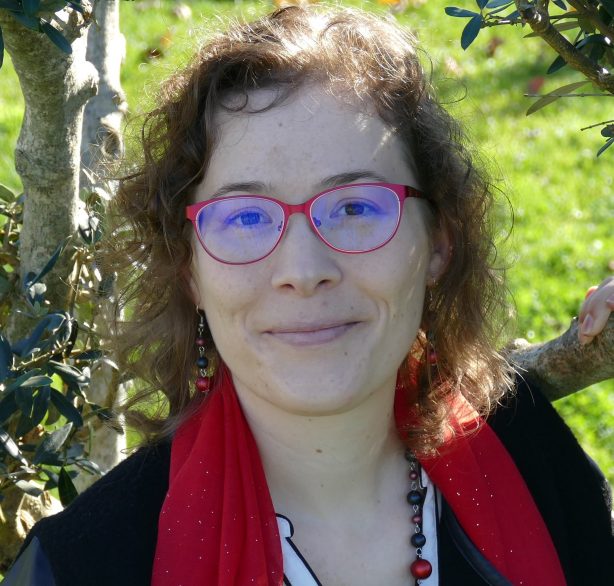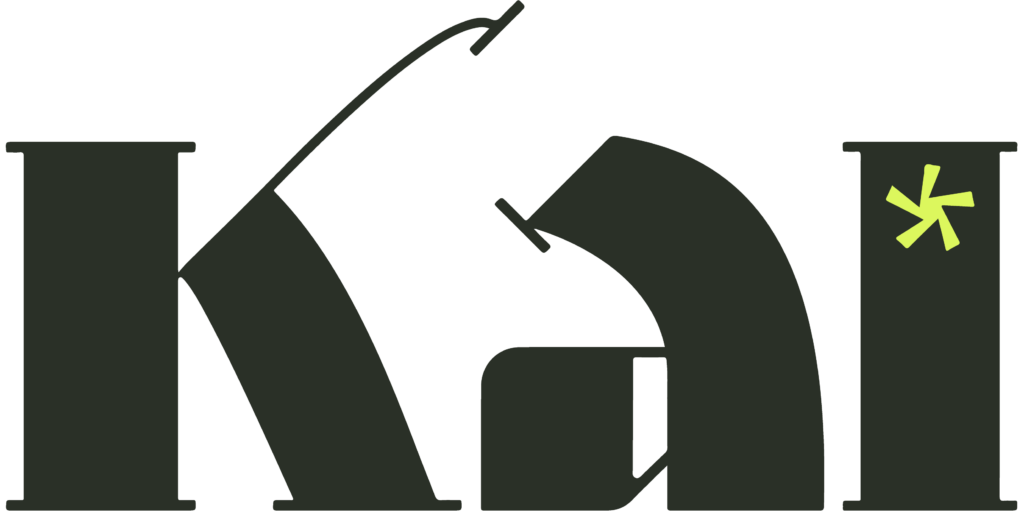Watch the full and inspiring interview with Dan
If you prefer reading, here is the transcribed interview
Ziv: Hey, I’m Ziv Shalev and this is “On the Journey”. Every week “On the Journey” expose the intersections of wellness, spiritual inquiry, mental health, personal growth and purposeful living through the eyes of the people we interview.
Then I’d love to hear about your journey over the years.
Dan: Thanks for having me Ziv.
So my journey started when I was in college. I was becoming increasingly fascinated with health, particularly hormonal health. I kind of drove down the rabbit hole pretty deeply in terms of studying how to bio-hack for optimal male health via diet and exercise and empowerment-related principles. One thing led to another and decided to make it my practice.
Ziv: So one thing led to another. Can you bit elaborate? How health from person of interest include to what you do in life. So how did that happen?
Dan: Sure, yeah. So I think I’ve always, I was an athlete, always growing up. I always had an interest in the body and how to perform at a higher level, at a better level. I was an athlete in college and I was looking at ways to kind of gain an edge physically.
That led me to exploring exercise and exploring different ways to improve my athletic performance. And inevitably, it led me to gain more curiosity about how to improve my diet as well because I always had a tendency to eat and then kind of crash somewhere during the day. My energy would kind of sink and I would feel tired and groggy and I never understood why. So that was always an issue that I struggled with.
And then as I kind of got more into diet, it became clear that there were other ways of eating that I hadn’t learned about, growing up. There were ways that were essentially, potentially better for us to eat that that I was completely unaware of. One of the tools for me was learning about intermittent fasting. I realized that I was often crashing in the morning because I was eating these high glycemic foods that were spiking my blood sugar and then I would bottom out and crash.
So all of this information kind of built off of itself and it started taking a unique focus in men’s health in particular because I learned that my hormonal function is different than that of a woman. So I wanted to learn how to work with my body and my particular hormonal system to experience the things I wanted to.
I wanted to feel more confident in my day to day life. I wanted to feel more energized and wanted to, again, like I said, feel better athletically on the field. It just kind of became a passion. Hours were being burnt away just reading and studying and diving deeper and it felt like minutes, really it felt just like a passion and a calling.
That was essentially the health side of things.
The empowerment side of things in some ways is always like a running thread in my life, just this curiosity of what it means to be a man in today's day and age. Share on XAlways feeling like there is a lot of complexity to that question.
When I was in Denmark, I was visiting my sister who was living there at the time, we ended up going to a networking event in which I met a woman who was deep in the coaching community. She had a lot of friends and colleagues that were men’s coaches, they were doing men’s work.
And at the time, I was sitting with these ideas and I was just getting ready to think about launching a practice. I was hesitant to speak up and to like, name what I wanted to do but I figured what do I have to lose? So go for it. And so I shared with her my idea of wanting to, kind of, men together, meld together, hormonal health coaching and men’s work and empowerment.
I think I had a lot of passion in my voice when I was speaking about it, because it was exciting, just thinking about it. And she said I have just the people that you need to get in contact with and one of the people that put me in contact with ended up being my mentor for a year and studied more particularly into embodiment practices and mindfulness and things related to that. By the end of that journey, I kind of had a really clear idea of what I wanted my work to be.
Ziv: So that’s really interesting because you mentioned on one hand, a very strong physical aspect, hormone’s, how the body functions, how to optimize the way the body works. And then you talked about mindfulness and, of course, intermittent fasting, which is fascinating and I would love to hear more.
In a way many times people really, everyone talks about mind, body, connection, but many people that, maybe they say, mind, body, but we focused on one aspect. They don’t mind, body, but they really focus on the body or very focused on the mind. I think today like the body, so out there, everyone works on the body and recently also the mind.
But how do you really combine the two? Like people say, I want more energy. Some would say, OK, we just need to meditate more, sleep better and we say, hey, it’s about your hormones, just eat differently. So how do you make a really good combination.
Dan: Yeah, it’s a great question, the way that I see it is I actually don’t see them as separate entities. I see them as really the same thing with the mind and the body or part of this larger integrated system and there’s a ton of interplay. We often just think about the mind, brain, but there’s really a brain center in the gut, brain center in the heart and the mind, so they’re constantly interacting with one another. There’s constant interplay
So when we visualize the body as a system that has overlapping and interplay of functions between each one of those centers, right? Then things become a little bit more clear in my mind and you can start to influence, for instance, your gut health by focusing on things related to your diet. And then the more you focus on your gut health, the more there will be a greater sense of health in your cognitive function because their related, systems are related.
A lot of times people are just focusing on one piece and not necessarily understanding that there's a constant interplay between all of these different systems Share on XSo to me, simple answer is you need to be doing things for the health of both your mind and body. So, for instance, some people might think of meditating 10 minutes a day, but they’re not thinking about how the stimuli are, the things that they’re consuming on their computer are affecting their mental health.
They’re not thinking about how their belief systems and things that they’re holding on to or how they shape their reality is affecting their well-being and their mental health, it gets really deep. I think having practices for both the health of your body itself is important but also realizing that your mind is your body and realizing the importance of really having a good mental state and outlook.
Ziv: So you mentioned intermittent fasting. I would love to hear about it a bit more and how the connection between mind and body works?
Dan: Hundred percent, yeah.
I look at intermittent fasting is a really powerful tool and when I was first studying health coaching when I was first getting certified for health coaching, one of the topics that get thrown around is a term called bio-individuality, which means that
while many of the same things will work for a large amount of people, everybody's body is different. At some level, everybody's body is different. Share on XI always recommend people listening to their body, so I want to preface that by saying, I don’t think fasting is for everybody but it can be helpful for a lot of people. And the reason for that, it became pretty clear to me early on that breakfast isn’t necessarily the most important meal of the day. It’s what we always hear, breakfast, the most important meal of the day and for me, in particular, realizing that by drinking some water, black coffee in the morning instead of eating a big meal, I cognitively felt clear, I felt more focus.
The biggest thing that I experienced was I wasn’t crashing because, oftentimes, I would eat breakfast in the morning and an hour or two hours later I would crash and my energy would totally bottom out. The reason for that is that a lot of times people are eating high glycemic foods in the morning, right? So they’re eating things like breakfast cereal or refined bread, all of these things are going to spike their blood sugar way up and then they’ll crash.
I had no idea this was happening to me, I didn’t have an understanding of why. I’m eating a decent meal or I’m eating oatmeal or eating whatever and I’m still feeling crappy. So having this understanding, realizing that I didn’t need to follow the breakfast heavy meal of the day was kind of like unplugging from the Matrix for me, it was like there are other ways to do this.
Currently, I use fasting more as a tool. I don’t fast daily but when I do eat something in the morning it’s low glycemic. So, for instance, a lot of people don’t know this, but fruit, particularly low glycemic fruits, are wonderful for activating your thyroid, getting your thyroid function back to normal.
There is a protocol that I believe in pretty strongly, that there’s a company actually based out of Boulder called Umzu and they have a dietary guideline, it’s not necessarily a diet but it’s called thermo. Thermo is essentially related to increasing the heat of your metabolism. Getting your glucose metabolism functioning properly and increasing heat throughout the body.
And one of the things they talk about is having some fruit in the morning and having some bone broth because the bone broth, again, will help to get your gut functioning properly and also cut your stomach while you’re fasting overnight and you don’t have anything in your system.
The fruit will help your thyroid, which thyroid is what a lot of people are having essentially underworking thyroids and then their metabolism is slow and feel crappy. So point being, I think intermittent fasting can be a phenomenal tool but if that’s not the tool for you, for whatever reason you need something in the morning, realizing that it can be something low glycemic is a really powerful piece of information to bite your teeth into because you won’t crash, your energy will feel more sustained and you’ll still be able to feel that focus that I think a lot of us want to feel in the beginning of our workday.
Ziv: That’s wonderful. So you gave us a one tool or method to, like
if you think correctly our first meal, keep it all together or make sure we eat the right combination of things, then we keep our energy level high. Share on XOur interview is almost over. Give us one more thing that we can do to make our energy higher during the day. If you choose one thing, what would it be?
Dan: Yeah, that’s a great question.
Yes, I would say the biggest thing that I’ve found is to maintain some level of physical activity throughout the day and it’s harder to do especially for a lot of us who work at a desk or work from home but really staying moving throughout your day is super powerful for keeping your energy levels high.
Many of us are our activity levels kind of fluctuate between either being at the desk or being on the couch and not moving at all, we’re going to the gym and going super hard for an hour and a half.
I’ve really found personally that having some kind of movement, whether you need to take like just a 30-minute break every few hours for a walk right in between work or whatever it is, keeping your body moving is just going to generally help you feel more energized and feel more clear throughout your day because you won’t fall into that slump of working eight hours at your desk and not moving and then getting up and feeling absolutely exhausted.
So if I could have one more tip, it would be to maintain some level of daily activity, even just brisk walking throughout the day. A really good goal is to try to hit 10000 steps per day, which comes out to, I think, roughly three point five to four miles.
Ziv: Whenever we feel tired to do the counterintuitive and not sit on the couch, just get up and pick you up.
Dan: Yeah, there’s always, I think, really
the biggest thing we need to do more so is stop listening to external sources for health and start tuning and start listening to what our body needs. Share on XSo at times, yeah, maybe we’ve been exercising all week and our body really just needs to rest.
The more we can cultivate the capacity to turn inward into our body and be more attuned to what our body needs, the more health becomes effortless Share on Xbecause we can start to realize, oh, I’m feeling a little out of whack today, maybe I need to walk or move my body. Oh, this food isn’t agreeing with me but this food is, so that’s like the biggest tool to help and start unplugging from all of the external stimuli and start plugging in more.
Ziv: I guess that unplugging more to be aware of what your body tells you? That’s the whole part of the mindfulness, of being able to observe and listen to how your body talks but that’s a whole different topic.
I want to thank you a lot for your time and experience and for feeding us with energy. And I hopefully assure I’m going to take longer walks during the day.
Dan: Thank you so much for having me. It’s truly been a pleasure.
Ziv: Thank you. Mine also, bye for now.
Who are you?
Dan Hochman is a Men’s Health and Empowerment Coach, who received his health coaching certification from the Institute for Integrative Nutrition and his personal training certification from ISSA.
In addition to his certifications, Dan has spent years implementing simple lifestyle hacks and strategies to optimize male hormones for better cognition, body composition, and well being. He is committed to helping men live happier more empowered lives by gaining agency over their health.
DISCOVER MORE ABOUT DAN ON HIS WEBSITE, FACEBOOK, OR INSTAGRAM
